
Loading...
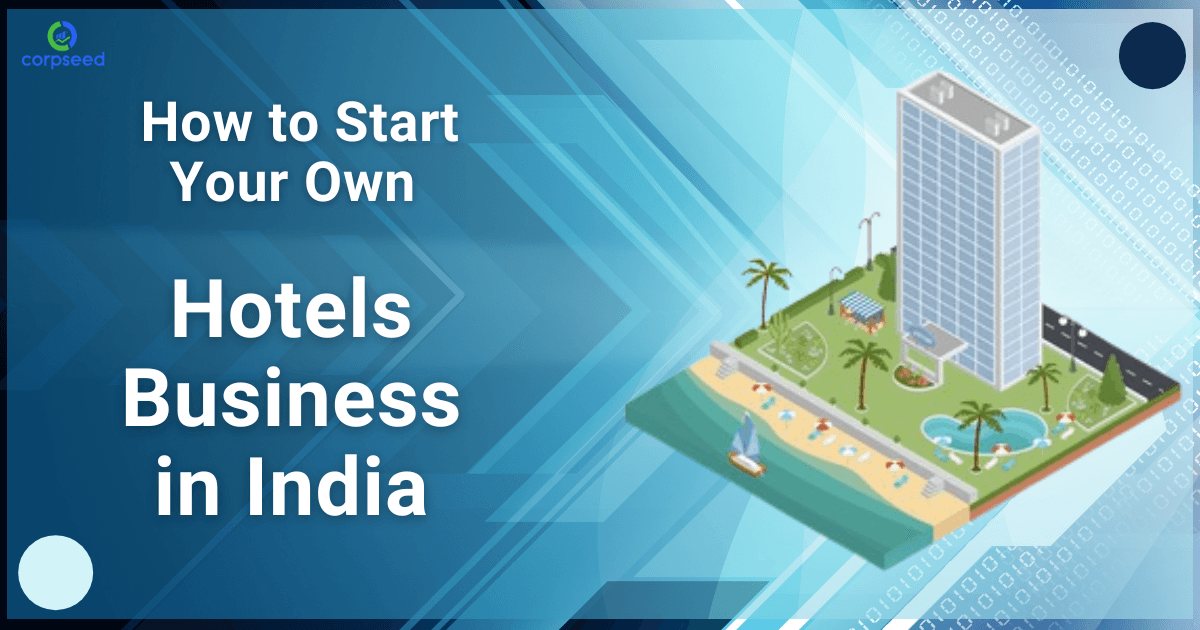
Similarly, there are a few things to know before starting a business, and Corpseed is here to assist you with a start-up guide on how to start a hotel business in India.
About the Author

I have worked for many internet blog pages and news portals. currently, I am working as a content writer for Corpseed Pvt. Ltd. I like to write blogs and articles in the field of different services.
Related articles

How To Start A Plant-Based Meat Indian Restaurant
2022-11-18
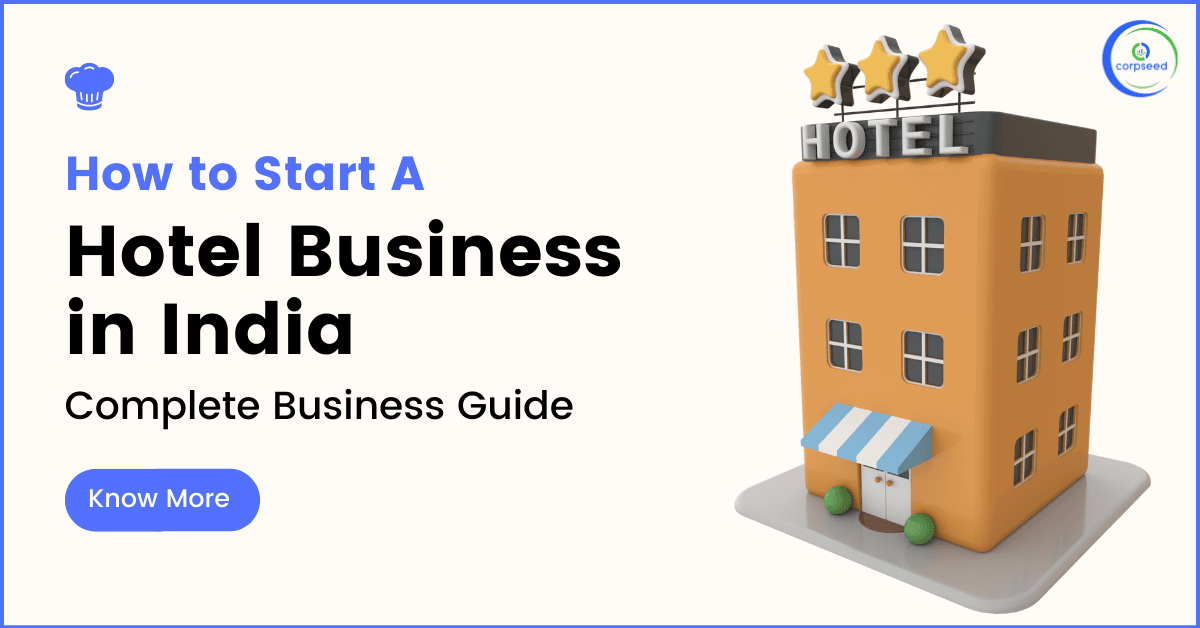
How To Start A Hotel Business In India - Business Guide
2022-09-21

How to Start a Canteen Business in India?
2022-09-01
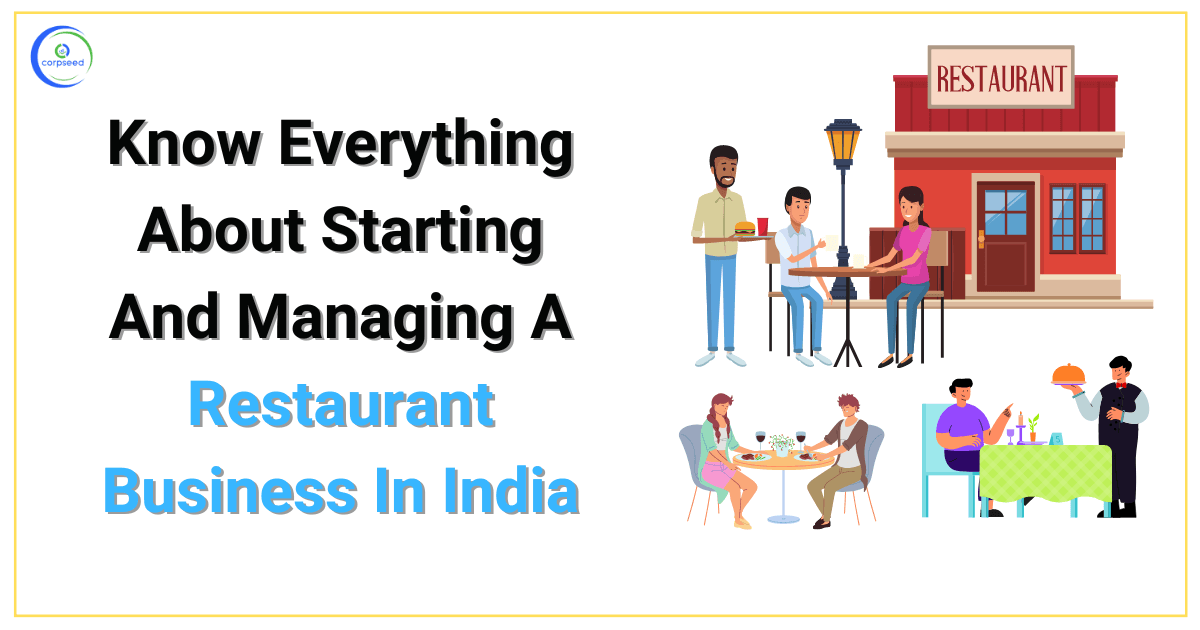
Know Everything About Starting And Managing A Restaurant Business In India
2022-08-13
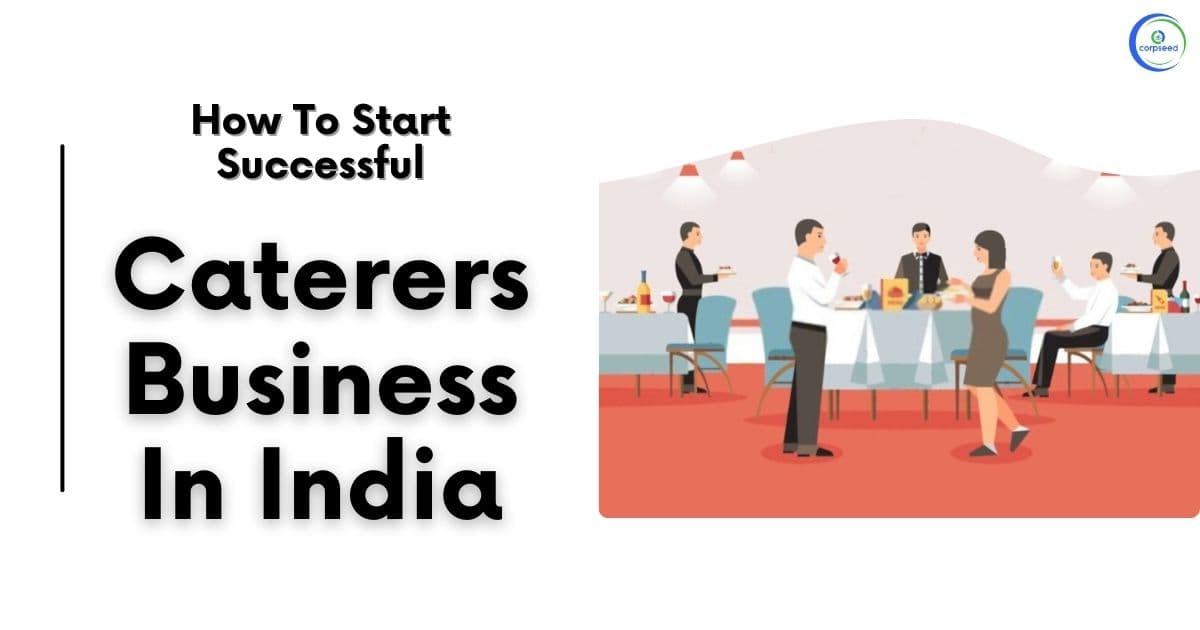
How To Start Successful Caterers Business In India
2022-06-16
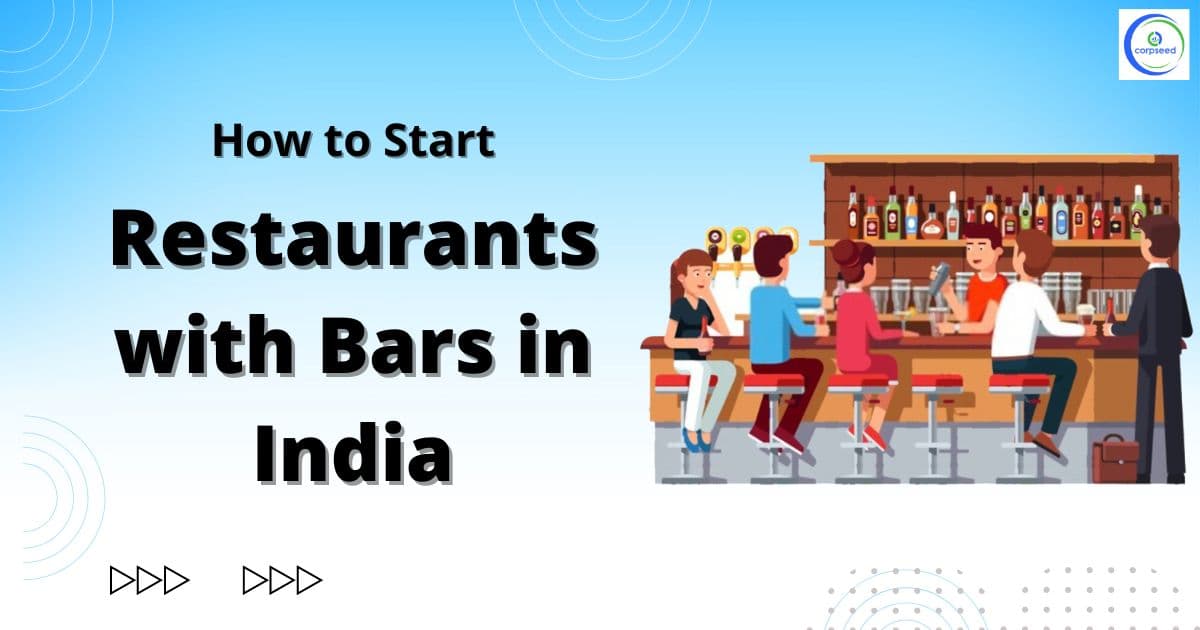
How to Start Restaurants with Bars in India
2022-06-16